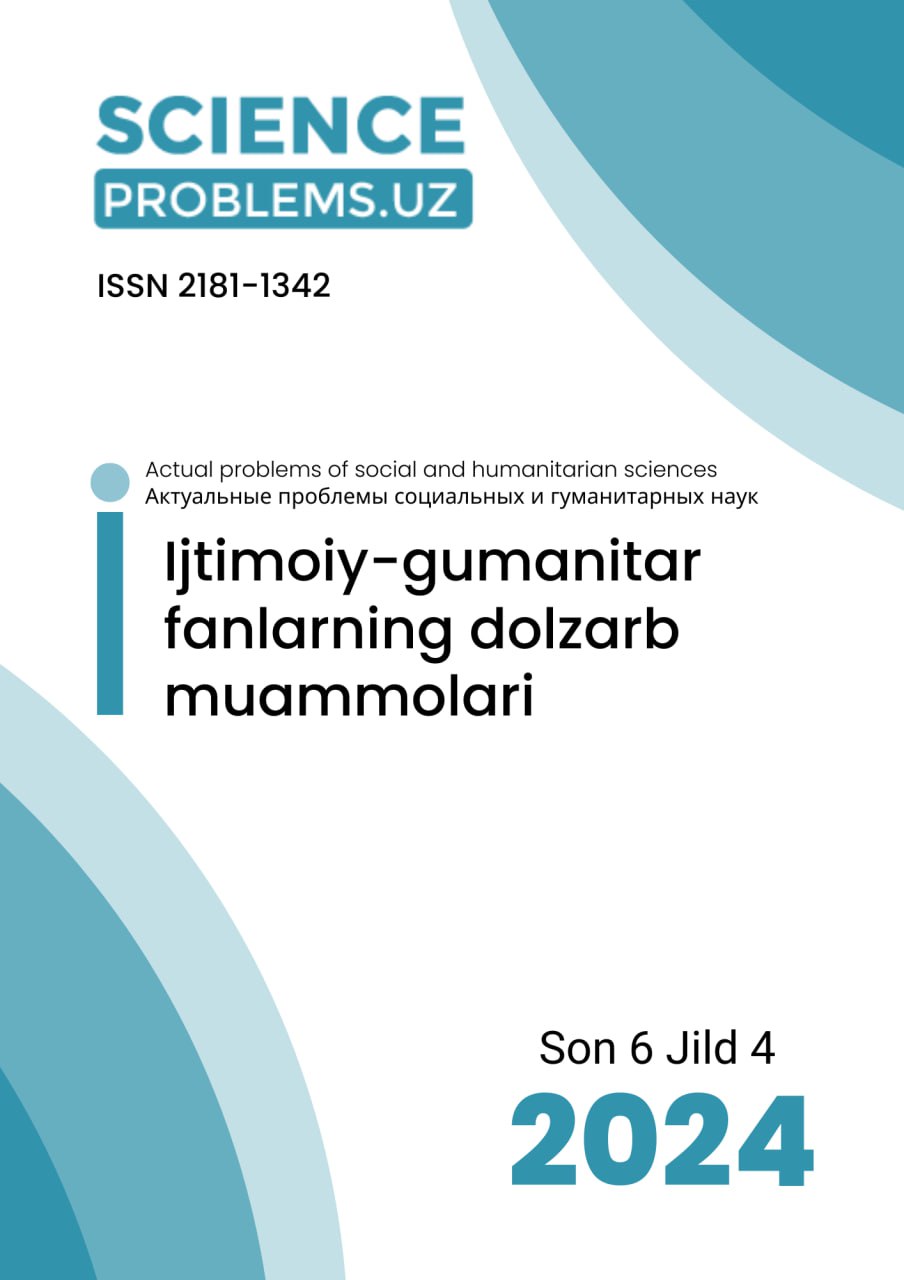COMPARING TYPES OF LESSONS AND APPROACHES TO LESSON PLANNING
DOI:
https://doi.org/10.47390/SPR1342V4I6Y2024N96Keywords:
goal, task, lesson, factors, process, lesson plan, teacher.Abstract
In this article, the planning of the educational process implies the establishment of goals, tasks and educational results during a certain period and at the end. Planning will be successful if the following factors are taken into account. Ideas about lesson organization and comparison of approaches are shown.
References
Kymes, A. (2005). Teaching online comprehension strategies using think-alouds. Journal ofAdolescent and Adult Literacy, 48(6), 492-500. Doi: 10.1598/JAAL.48.6.4
Lane, J. S. (2010). An analysis of relationships between lesson planning training and rehearsal.Journal of Band Research, 46(1), 52-65.
Leslie, L., & Caldwell, J. S. (2010). Qualitative Reading Inventory – 5. Boston: Pearson.
Mason, L.H. (2004). Explicit self-regulated strategy development versus reciprocal questioning:Effects on expository reading comprehension among struggling readers. Journal ofEducational Psychology, 96(2), 283-296. Doi: 10.1037/0022-0663.96.2.283
Migyanka, J. M., Policastro, C., & Guiqiu, L. (2005). Using a think-aloud with diverse students: primary grade students experience chrysanthemum. Early Childhood EducationJournal, 33(3), 171-177. Doi: 10.1007/s10643-005-0045-z
Mitchell, K. E. (2006). Getting to the Heart of a Story. Teaching Pre K-8, 37(1), 66-67.Morrow, L. M. (2011). Developing effective reading curricula for beginning reader








